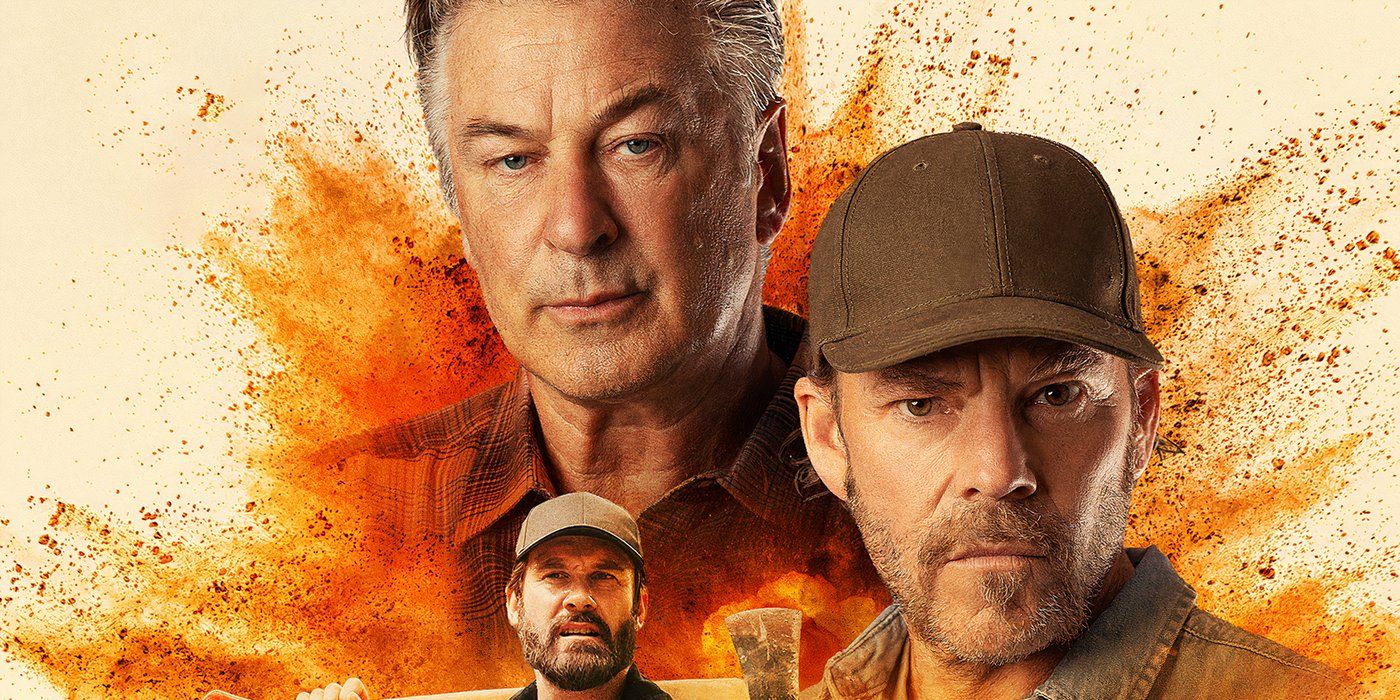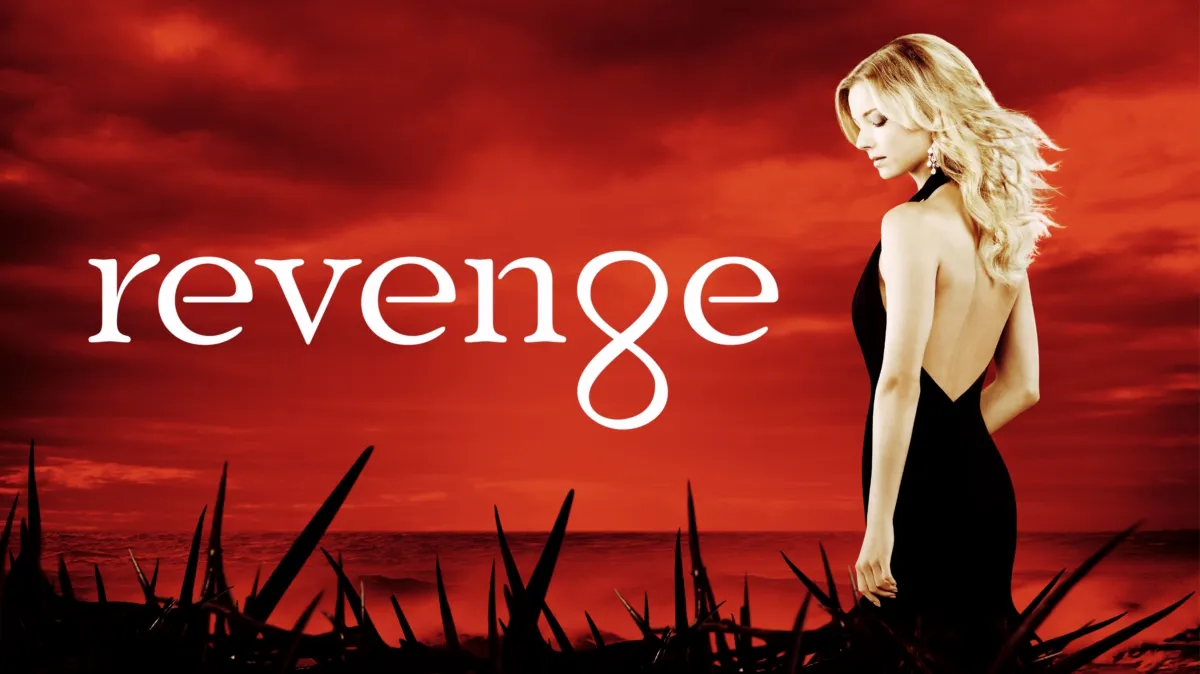Chernobyl (2019): A Devastating Portrait of Human Error and Courage
Chernobyl is more than just a historical dramatization — it is a chilling reminder of what happens when truth is buried beneath power. Created by Craig Mazin and directed by Johan Renck, this 2019 HBO miniseries recounts the catastrophic 1986 nuclear disaster in the Soviet Union and the extraordinary efforts made to contain its fallout.
The series opens in the shadow of the explosion at Reactor 4 of the Chernobyl Nuclear Power Plant, but the true horror unfolds not in fire or chaos, but in silence and secrecy. Through five gripping episodes, Chernobyl pulls viewers into the cover-ups, the bureaucratic failures, and the devastating human cost that followed.
Jared Harris gives a haunting performance as Valery Legasov, the scientist tasked with uncovering the truth and saving millions. Stellan Skarsgård plays Soviet official Boris Shcherbina, whose transformation from loyal party man to reluctant hero adds emotional depth. Emily Watson portrays Ulana Khomyuk, a fictional composite character representing the scientists who fought for the truth.
Visually bleak and emotionally relentless, Chernobyl uses stark cinematography and a minimalist score to build tension and dread. The series does not sensationalize the suffering — instead, it lets quiet moments speak louder than spectacle. Scenes of plant workers unknowingly walking into radiation, families evacuating too late, and firefighters dying from exposure leave a lasting mark.
What makes Chernobyl unforgettable is not just its technical accuracy or storytelling — it is its message. The series reveals how lies, pride, and silence can be more destructive than any explosion. It honors the bravery of those who acted in the face of the unthinkable and warns against the danger of willful ignorance.
This is not easy television, but it is necessary. Chernobyl demands to be seen — and remembered.

-1751594144-q80.webp)

